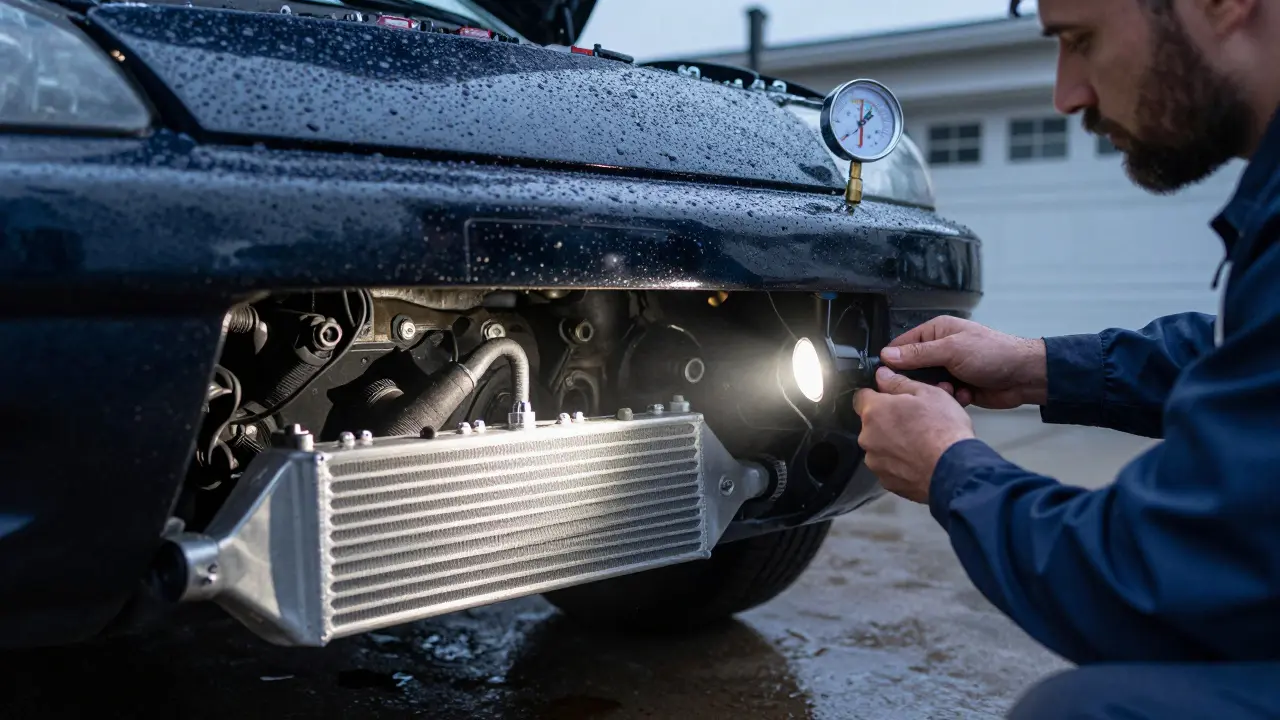Ever wonder why your car seems to guzzle more gas than your neighbor's? It's not just how you drive—it's also about the parts making your machine hum. Tires, air filters, engine oil, you name it—all play into how efficiently your vehicle runs. Let's kick things off by rethinking the rubber on your wheels.
Tires might seem straightforward, but they're a game-changer. Thinner, properly inflated ones cause less drag, which means your engine doesn't have to work as hard. Result? Better stints between fill-ups. And it doesn't end there. Keep an eye on that air filter.
- Understanding the Role of Tires
- The Importance of Air Filters
- Impact of Engine Oil on Efficiency
- Upgrading to Fuel-Efficient Components
Understanding the Role of Tires
When it comes to squeezing extra miles out of each gallon, your tires are more influential than you might think. Let's break down why the right tire makes all the difference.
Why Tire Type Matters
First off, not all tires are created equal. Switching to low rolling resistance tires might seem like just another jargon trick, but these actually reduce the friction between your tires and the road. Less friction means your engine exerts less effort, saving fuel.
Keeping Them in Shape
Now, what about tire pressure? It’s a bigger deal than you’d expect. Under-inflated tires increase resistance and can chop your fuel efficiency by up to 3%. Imagine losing that much efficiency just because of some soft tires! Make it a habit to check your tire pressure at least once a month.
"Simply having your tires at the right pressure can save you forty to seventy miles worth of gas a year," says Mike Calkins from the American Automobile Association.
Size and Alignment
Here's another thing: tire size and alignment. Ever noticed those light trucks with large, knobby off-road tires? They look cool but can guzzle fuel. Wider tires usually mean more drag and more cash spent at the pump. And, poor alignment? That's a whole can of worms, leading to uneven wear and more frequent replacements.
Data on Tire Efficiency
According to a 2023 study on tire performance, vehicles with properly maintained and specially designed fuel-saving tires saw an average increase of 5% in fuel economy. Check out the table below for a quick peek at how some tire types compare:
| Tire Type | Fuel Efficiency Increase |
|---|---|
| Standard All-Season | 0% |
| Low Rolling Resistance | 5% |
| Performance Tires | -2% |
See? Balancing aesthetics and performance can literally pay off! So next time you're at the shop, think about the impact your tire choices have on your fuel efficiency and your wallet.
The Importance of Air Filters
Alright, let's talk about a little part that does a big job. The air filter might look like a plain Jane piece of kit, but it plays a major role in keeping your car's fuel efficiency in check. Think of it as the lungs of your car. It keeps dirt, dust, and other nasties from getting into your engine. A clogged filter? That's like trying to breathe through a straw.
When your air filter is clean, your engine gets the right amount of air it needs to burn fuel efficiently. That means better performance and fewer gas station trips. So, what should you do to keep your air filter in top shape?
How Often Should You Change It?
The magic number is about every 12,000 to 15,000 miles, depending on where and how you drive. If you're often cruising through dusty roads or heavy traffic, check it even sooner. You can peek at it yourself—just pop the hood and take a look. If it's covered in grime, it's time for a change.
Choosing the Right Air Filter
Not all air filters are the same. While vehicle maintenance guides usually recommend a basic, budget-friendly filter, stepping up to a high-quality or performance air filter can boost your ride's efficiency. Brands like K&N offer filters that let your engine breathe easier, delivering a little oomph in power and fuel saving.
DIY or Call a Pro?
Changing an air filter is one of the simplest bits of car DIY you can do. Open the housing, swap the filter, close it up, and you're done. But if the idea has you sweating, no shame in getting a mechanic to sort it. They'll have it switched out in minutes, often as part of a regular service.
Here's a quick breakdown:
- Check every 12,000-15,000 miles, but sooner if you're in harsh conditions.
- Consider performance air filters for a slight boost in fuel efficiency.
- Easy to change on your own or get it done professionally during routine maintenance.
Keeping that air filter in shape might feel minor, but a clean filter means a happy, fuel-efficient engine—saving you cash and extending your car's life. Now that's something to breathe easy about!

Impact of Engine Oil on Efficiency
Engine oil is like the lifeblood of your vehicle, and picking the right one can make a surprising difference in fuel efficiency. You wouldn't think something so simple could affect gas mileage, but it does.
First off, the key thing is viscosity, or how easily the oil flows. Thick oil makes the engine work harder, which means more fuel is burned. That's why many folks these days are opting for synthetic oils. They flow better, especially when it's cold, helping your engine to operate smoothly right from the get-go. A smoother-running engine is more efficient.
Why Synthetic Oil?
Synthetic oil not only flows better but also helps in reducing friction between engine parts. This reduction lowers the amount of energy—and therefore fuel—needed to keep everything moving. It might cost a bit more upfront, but the bump in fuel efficiency and the extended engine life are often worth it. You might end up saving more in the long run.
Regular Oil Changes
Another no-brainer: regular oil changes. Old oil gets gunky and causes more drag, hitting your fuel efficiency hard. Most vehicles will do fine with an oil change every 5,000 to 7,500 miles, but always check your manual.
- Choose the right oil for your car's specific needs and climate.
- Stick to regular oil change intervals.
- Consider upgrading to synthetic oil for better mileage and engine durability.
And if you're still on the fence, here's a fun tidbit: a car running on the right oil can improve its fuel efficiency by 1-2%. Might not sound like much, but it does add up at the pump over time.
Upgrading to Fuel-Efficient Components
If you've ever thought about putting a few bucks down to save big at the pump, this section's for you. Swapping out certain car parts for more fuel-friendly options can be a smart move. Let's break it down.
Switching to Low-Resistance Tires
Tires can be like hidden gems when it comes to fuel saving. Consider buying low-rolling-resistance tires. They're specifically designed to reduce drag on the road. Imagine these as the difference between fighting against or gliding with the wind. The result? Less fuel burned.
Better Engine Air Filters
Think of air filters as your car's lungs. Cleaner filters mean better air flow, and better air flow means your engine can 'breathe' easier, boosting fuel efficiency. A high-quality air filter can enhance performance by up to 10%. It's a quick fix that offers noticeable mileage improvements.
Modern Spark Plugs and Ignition Systems
Old or damaged spark plugs lead to misfires, costing you precious fuel. Upgrading to iridium or platinum spark plugs can ensure efficient combustion, helping the engine use fuel more effectively. And while you're at it, consider upgrading the ignition system for overall better performance.
Electric Fuel Pumps
Traditional mechanical pumps are giving way to electric models that offer better fuel efficiency. Electric pumps provide a consistent fuel supply to your engine, preventing wastage and enhancing power delivery.
Here's how various upgrades stack up in terms of potential fuel savings:
| Component | Potential Fuel Savings |
|---|---|
| Low-Resistance Tires | Up to 3% |
| Engine Air Filter | Up to 10% |
| Spark Plugs | Up to 8% |
| Electric Fuel Pump | Up to 5% |
As you can see, small changes have big payoffs when it comes to fuel efficiency. Each component plays a part, and together, these upgrades can lead to quite the saving spree at your local gas station.





